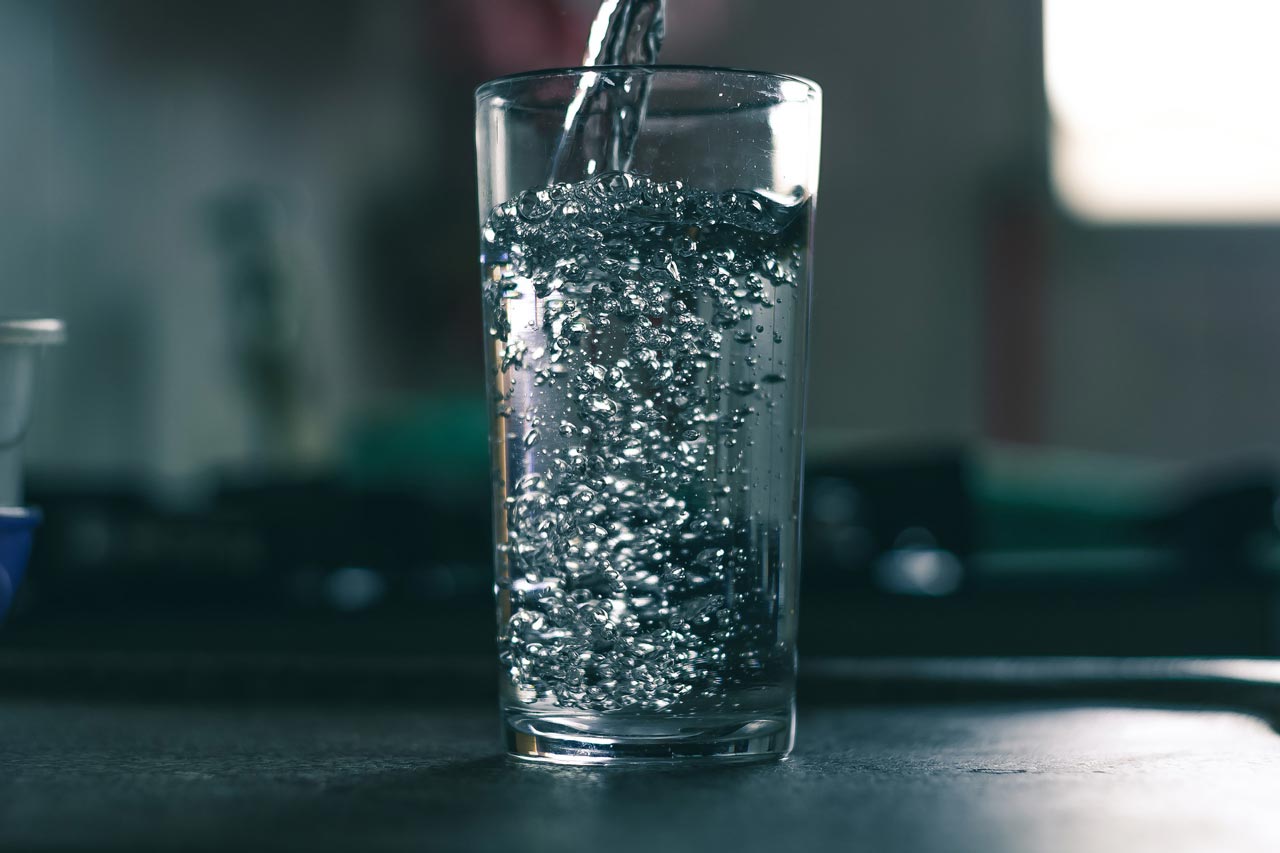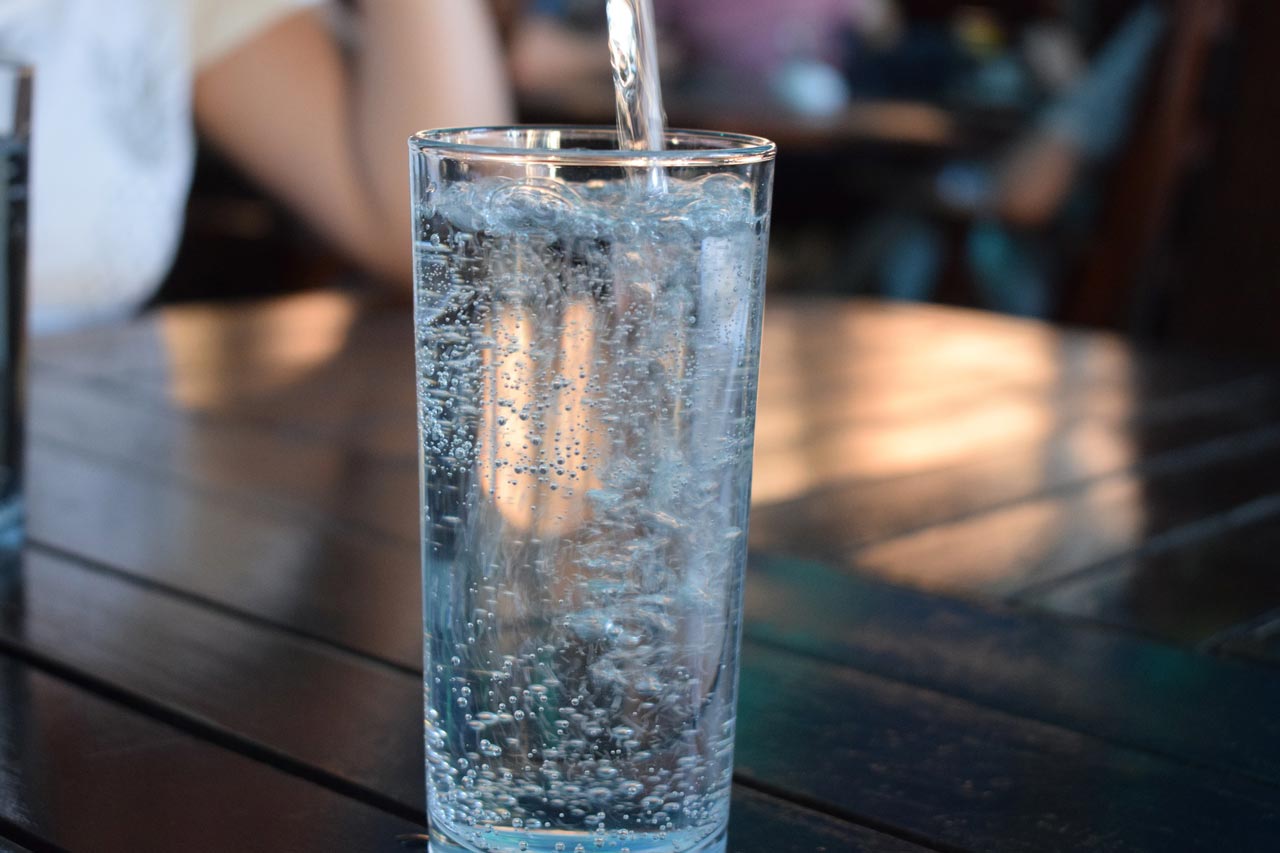
It’s never a bad idea to ensure your home’s water quality, and a good way to do so is to install a home water filtration system. Whether it’s a home water filter or a salt-free water softener system, having one in your house is a safe, simple, and inexpensive way to ensure that you’re drinking and cooking with clean water.
When deciding whether to switch to filtered water, there are numerous advantages to consider. The following list gives you ten good reasons your home should have a water filtration system to ensure that your water is always of the highest quality.
If you’re concerned about the water quality in your home, you may want to consider a high-quality water filtration system. For more information on various water filtration systems, contact the specialists at Puragain Water to explore new ways to get you the highest quality water possible for your home.
10 Benefits of Installing A Home Water Filtration System
There are numerous ways for contaminants to enter your water. Even if your water is clean, high levels of minerals can alter the taste of your tap water or make your dishwasher or clothes washer less efficient. You want to ensure that your water is safe for you and your family, whether it comes from city water or well-based water systems.
Here are some advantages of installing a home water filtration system:
Get Healthier Water
There are a variety of parasites found in drinking water, including microscopic organisms that survive in untreated water. These parasites and microscopic organisms wreak havoc on the digestive and intestinal systems. Water filtration systems can remove these health hazards, thereby reducing the risk of gastrointestinal diseases and improving the water quality you normally consume.
Benefit From Less Mineral Deposits
Limescale is a mineral buildup caused by lime and other minerals in your water. In addition to being unsightly, limescale can accumulate in pipes and appliances. It frequently causes your water to taste unpleasant. A high-quality whole house water filtration system will eliminate many of the problems associated with limescale while also providing good-tasting water.
Enjoy Improved Indoor Air Quality
Filtering your entire home’s water can improve the air quality and reduce asthma. Waterborne contaminants won’t be able to enter your home’s air supply because the water in your humidifier is already filtered. Improved air quality benefits your family’s health and lowers the spread of illness.
Have Better-Tasting Drinking-Water
One of the many benefits of a home water filtration system is drinking straight from the tap since the water filter eliminates the risk of harsh chemicals contaminating your drinking water. With better-tasting drinking water, you’re more likely to consume water, which keeps your body properly hydrated for optimum function.
Gain Longer Plumbing Service Life
A whole house water filter system helps to extend the life of your home’s plumbing system, as well as water-using appliances like hot water tanks, tankless water heaters, dishwashers, among others. Without a quality filter, the minerals, heavy metals, and chemicals present in your home’s water can cause long-term damage to your plumbing system.
As a result, the water that enters your plumbing system and appliances is free of sediments, chlorine, and other contaminants that normally accumulate inside them as water runs through.
Have Clearer Skin
Drinking, showering, and washing clothes in water impacts your skin because the waterborne contaminants can irritate it. Individuals suffering from psoriasis and eczema, particularly small children, are more vulnerable to outbreaks caused by substances found in water. Water filtration systems remove contaminants, resulting in clearer and healthier skin.
The only effective way to filter water used for showers and bathing is to install a house filtration system. Installing a house water filter removes contaminants from your bathing water and softens the water, enhancing the efficacy of soap. This is one of the more cost-efficient solutions since it will save you money on toiletries.
Protect Your Clothing
When doing your laundry, chlorine and other chemicals in the water affect your clothing. As these chemicals attach to the material in the wash, they fade fabric colors and cause clothing fibers to break down over time. Soap scum deposits are left on your clothes, causing an odor that could lead to allergic reactions and skin rashes.
Your clothing will last longer, the fibers will not break down as quickly when washed with filtered water, and excess soap scum will be removed, leaving your clothes smelling fresh. Improved water quality will protect your favorite outfits and keep them vibrant.
Avoid Water Contamination
Your whole-house water filtration system is your first line of defense against breakdowns in your municipality’s water treatment and sanitation systems. If your water supply is disrupted, a home filtered water system helps protect your family from dangerous contaminants such as chemicals, bacteria, and hazardous biological material.
Reduce Skin Irritation
Individuals with sensitive skin and those who suffer from skin irritations and conditions such as eczema or psoriasis may be harmed by exposure to chemicals in water such as chlorine. A water filtration system in your home can help to alleviate these issues.
Even if you don’t have any of these conditions, there’s nothing like the feeling of pure, clean water when you take a shower or soak in a tub.
Be Environmentally Friendly
If you’ve developed the habit of purchasing bottled water in the mistaken belief that you’re benefiting your health, it’s best to reconsider. Regularly buying bottled water is far more expensive than having a water filtration system installed in your home. Installing a home filtration system will provide you with clean, better-tasting water while minimizing environmental impact.
Experience The Benefits Of A Home Water Filter For Yourself
While many water options are available at the store, staying hydrated does not have to be a complicated and costly process. Installing a water filter system in your home is a worthwhile investment that provides your entire family with healthier water to use in the long run.
Puragain Water is proud to provide our customers with high-quality home water filtration systems, solutions, and services. Whether you’re looking for a whole house water filtration system or a faucet water filter, we have a variety of solutions that fit any of your needs or budget.
To learn more about which water filtration system is the right solution for your needs, contact Puragain Water and speak with a member of our team.


